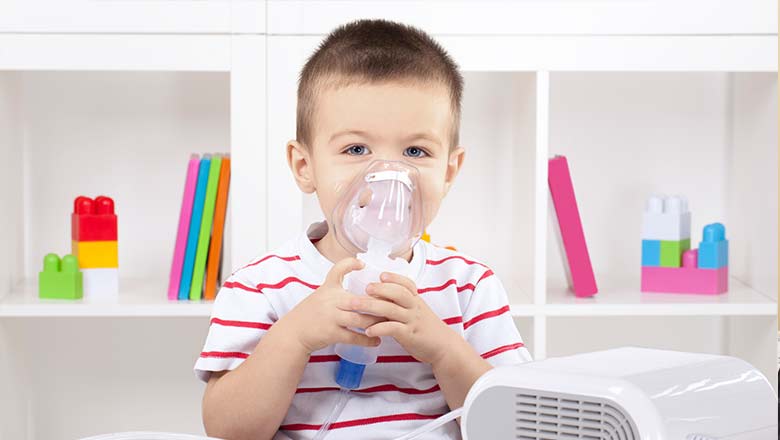Search

News & Events
Handing over the reins: letting teens take charge"This system definitely helped with my diabetes management, especially overnight, and helped to keep my blood sugars as stable as possible which was fantastic,"
Research
Vitamin D 3 deficiency enhances allergen-induced lymphocyte responses in a mouse model of allergic airway diseaseIn this study, using a mouse model, we determined whether vitamin D deficiency in utero and during early life modulated the severity of asthma.
News & Events
New insights into diabetes in Australian Aboriginal populationThe Kids Research Institute Australia have shown that genetic variations that influence BMI and diabetes are similar to those in non-Aboriginal populations.
Research
Severity and persistence of asthma and mental health: a birth cohort studyThe goal of the current study was to investigate asthma and mental health among youth in the community.
Research
How training affects Australian paediatricians' management of obesitySecondary care could be the optimal sector for managing child and adolescent obesity, given low primary care uptake and limited tertiary services.
Research
Regulatory role of IL10 genetic variations in determining allergen-induced TH2 cytokine responses in childrenInterleukin-10 is a key immunomodulatory cytokine the principal function of which is to limit the magnitude of immune response.
Research
Do early-life viral infections cause asthma?Epidemiologic associations between viral lower respiratory infections (LRIs) and asthma in later childhood are well known
Research
UV exposure and protection against allergic airways diseaseAsthma is a chronic inflammatory disease of the small and large conducting airway mucosa characterised by Th2 cell immunity.
Research
The effect of a short sprint on postexercise whole-body glucose production and utilization rates in individuals with type 1 diabetes mellitusA sprint as short as 10 sec can increase plasma glucose levels in nondiabetic and T1DM individuals, with this rise resulting from a transient decline in...
Research
Toward improved prediction of risk for atopy and asthma among preschoolers: A prospective cohort studyAtopy and asthma are commonly initiated during early life, and there is increasing interest in the development of preventive treatments for at-risk children.
Research
Maternal and neonatal outcomes associated with gestational diabetes in women from culturally and linguistically diverse backgrounds in Western AustraliaThe aim was to compare maternal and neonatal outcomes of Australian and foreign women with and without gestational diabetes mellitus.
Research
Providing feedback on adherence increases use of preventive medication by asthmatic childrenThis study investigates the impact of measuring adherence and providing feedback on medication usage by children with unstable asthma.
Research
Independent effects of socioeconomic status and place of residence on the incidence of type 1 diabetes in Western AustraliaTo analyze the incidence of type 1 diabetes in 0- to 14-year olds in Western Australia, from 1985 to 2002, by region and socioeconomic status.
Research
Toll-like receptor 2 ligands inhibit Th2 responses to mite allergenThere is intense interest in the interaction between microbial compounds and allergy.

Research
Finding the cellular explanation for recurrent asthma exacerbationsThis study is designed to identify the specific unique immune cell response that occurs in these children with recurrent disease.
Research
High fractional exhaled nitric oxide and sputum eosinophils are associated with an increased risk of future virus-induced exacerbations: A prospective cohort study.High fractional exhaled nitric oxide and sputum eosinophils are associated with an increased risk of future virus-induced exacerbations.
